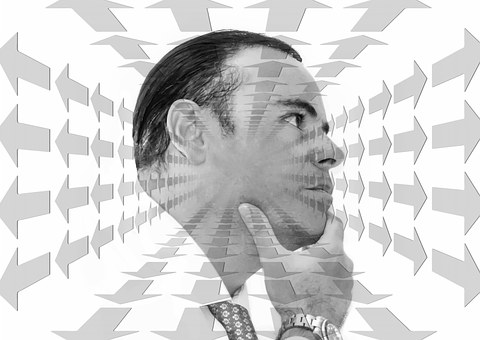
Change Is Here to Stay
Despite how difficult it can be to effect change in the workplace and have employees change their mind, we must recognize that few businesses can survive without being able to adapt. Whether it’s from minor changes like reorganizing your team to more major changes like a merger or acquisition, it is natural for employees to resist the new way. Most employees find a change to the status quo uncomfortable or downright threatening.
That is why there is so much change management training and so many have addressed ways to ease and effect organizational change. But it’s helpful to look not only at the macrocosm, but at the microcosm. What happens in the individual employee mind when we face a required change in mindset?
The Research
Surprisingly, researchers at the Hebrew University of Jerusalem have learned that beyond simply changing one’s mind, individuals can be persuaded to accept a completely opposite opinion to what they had once believed. According to research, here are some of the major psychological factors that influence the way we think about things and how employees change their mind:
What stands out is that, regardless of the status quo, we can change both our thinking and our behavior. We simply get used to a new situation and, in doing so, can even change our memory and opinion of what happened. For the most part, humans are preconditioned to get comfortable in situations that we once viewed as negative.
The Bottom Line
The implications of the research on why we change our minds have application in the workplace. Leaders who must introduce change that is initially resisted can find that, once instituted, most employees will adjust to the change and even welcome it. The trick is to shorten the time frame and angst as much as possible.
To learn more about how to create better and faster change, download 5 Science-Backed Lenses of Change Leadership
Explore real world results for clients like you striving to create higher performance